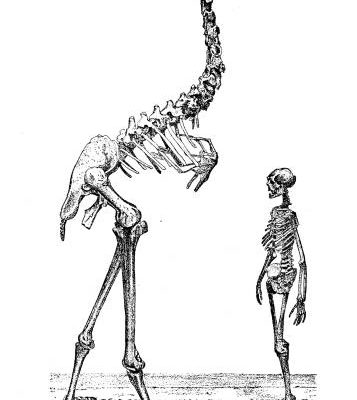Mental health in the Latino community
Editor’s note: This article discusses mental illness and suicide. If you’re struggling, please reach out to one of the supports listed at the bottom of this article.
Mental health has been discussed a lot more as my generation has grown to be more understanding of different situations. And, also with the growth of social media and the internet in general we can see more and more cases of mental health issues. But, before our generation, mental health wasn’t really a topic that was discussed or even talked about and it became pretty much non-existent in the Latino community. Older generations grew up in a less healthy environment in which problems were dealt with by using violence, which created certain traumas or behaviors that might not be seen favorably as we keep moving towards a more modern age.
I personally have experienced a lot of problems within my mental health after moving to the United States. It’s been hard to adjust to being “sad” or having negative feelings because of how I was raised in a Latino community where I was expected to be very manly and grew up with a “men don’t cry” type mentality. It was hard to be sad and it still is — I can’t get over my behaviors just yet, but I have to embrace feelings that I never been through before.
Mental health is not something that parents understand many times because also they were raised with an iron hand on feelings. The situation they grew up in and the amount of times they had nothing contributed to them having a rougher time coming up, so now they’re more likely to be oblivious to what the new generations feel. The mentality of their childhoods was “stomach full, a roof over your head and you should be happy.” That mentality was because of the poorer countries and places they grew up in.
So, it’s understandable to see why it would be hard to adjust to our newer understanding of our feelings and how things work. Both sides of the Latino community have reasons behind their thinking, but both need to adjust to things differently from outside of their comfort zones.
I asked some friends of mine for their opinion on this topic, and it came out to be one of the most interesting facts because not all of them had the same answer. They did have similar ideas, which was really good to see.
My first friend wrote, “Well I think it’s never something that’s really valued or taken seriously until someone does something major like try[ing to] kill themselves. Like, it’s never a priority and it’s never taken seriously. People will always say that others have it harder, and specially Latino parents will always discredit how you feel.”
Her opinion was really interesting because it’s something like what I think. Her explanation seems really simple and straightforward.
The second friend explained that mental health in the Latino community is vastly ignored. He wrote that usually older generations seem to not even believe mental health exists at all — they say something like they don’t have mental illnesses where they come from and all they need is a good beating and they’ll be better. From this, he assumed that they were just taught growing up that mental health was just a hoax.
Apart from the fact that mental health is just not believed, he also found it strange to see a lot of Latino parents almost ignoring their kids’ mental health completely. He explained that they usually say something like the child wants attention or is just over dramatic, and usually this can make mental health a lot worse.
His point it’s nothing short of the truth explained in a teenager way which can only express how we all feel.
The third and last one I asked wrote, “Mostly for men it seems like a ‘weakness’ or a disgrace or stain on the family name. And that most men you know like machismo and that women are submissive. Growing up in a Latino community we are taught that women should be submissive and stay at home and get a good husband while men are manipulative.”
Basically she explains how feeling sad is being weak to older generations.
All of these points are very valid and explain how my generation feels. You may ask me “Why don’t you ask adults about this?” For one, there’s not many adults that I can talk to about this because they often don’t understand the meaning behind the word or why we worry about it so much. At the end of the day, this topic should be highlighted in our family discussions and we should be able to tell our parents without fear of being judged how we feel about things that are happening in our life.
Being a teenager in this era is not easy — we have more privileges than the past, yes, but we also face a lot of things that are new hardships. These go along with the transitioning of generations, just like how our kids will face different problems than what we’re facing right now.
In the Latino community, we should be able to be respected even though we embrace our feelings or issues like sadness, anxiety or depression rather than being “put on the spot” or criticized for it.
This topic is not going to change in my community if we’re not able to take a stand for it and discuss the why and the how of the things that happened. We shouldn’t be judged, we should be helped.
If you are interested in mental health treatment, you can research options and apply for financial support using the To Write Love on Her Arms Find Help Tool.
If you are in crisis, you can reach the Samaritan’s Hotline by phone call or text message at 877.870.4673 or chat online at the Suicide Prevention Lifeline website.










